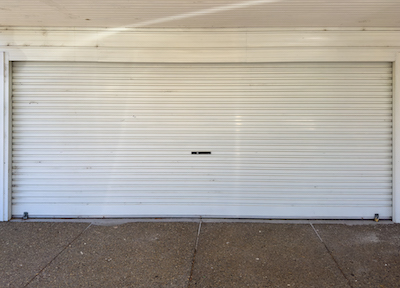Public ideas
Public ideas count
On Late Night Live last week Phillip Adams interviewed Jeremy Walker of the University of Technology, Sydney, about a worldwide group of about 500 right-wing think tanks known as the Atlas Network, loosely united by a common agenda of thwarting reforms that would improve the human condition. In this regard he mentioned the Institute of Public Affairs, the Centre for Independent Studies, and Advance (the group that materialized to oppose the Voice) in Australia.
It is hard to conclude from the interview that these organizations are engaged in a well-organized conspiracy: there is a fair bit of ideological and moral distance separating the Proud Boys and the Institute for Public Affairs.
But an important point Walker makes is that effective right-wing think tanks operate by implanting and reinforcing public ideas – that small government promotes prosperity, that climate change is something conjured by the scientific elites, that social security payments encourage idleness – for example. The patient dissemination and reinforcement of public ideas is the most effective way to achieve social change.
Nothing radical really – the Italian Marxist Gramsci made the same point 100 years ago. But it’s a lesson for reformers that working on public ideas may be more effective than pouring effort into short-term episodic campaigns.
Walker is author of The tangled roots of ecology, energy and economics.
He also has an essay: Silencing the Voice: the fossil-fuelled Atlas Network’s campaign against constitutional recognition of indigenous Australia. As Adams pointed out in the interview, in view of the large corporate donations made to the “yes” campaign, it is hard to sustain any conspiracy theory that think tanks are part of a strong network defending capitalism. The world is more complex.
Why is feudalism still thriving in Australia?

Once a shop – deadweight loss
On last week’s Saturday Extra Geraldine Doogue interviewed Luke Achterstraat of the Council of Small Business Organisations and Kelly Cunningham, a commercial property consultant: High rents for small business.
Unsurprisingly many small businesses find rent to be a tough burden to bear. Much of the discussion was about real or perceived inflexibility by property owners. Why, in a tough and competitive market, do they impose such high rents that drive businesses broke, and why do they keep a building shuttered when they could reduce the rent and get at least some return? (These are standard issues in the economics of market power.)
The question not addressed is why so much small business, particularly in retail, operates on a landlord-tenant basis – a structure that seems to be a relic of feudalism and is out of step with the way capitalism should operate.